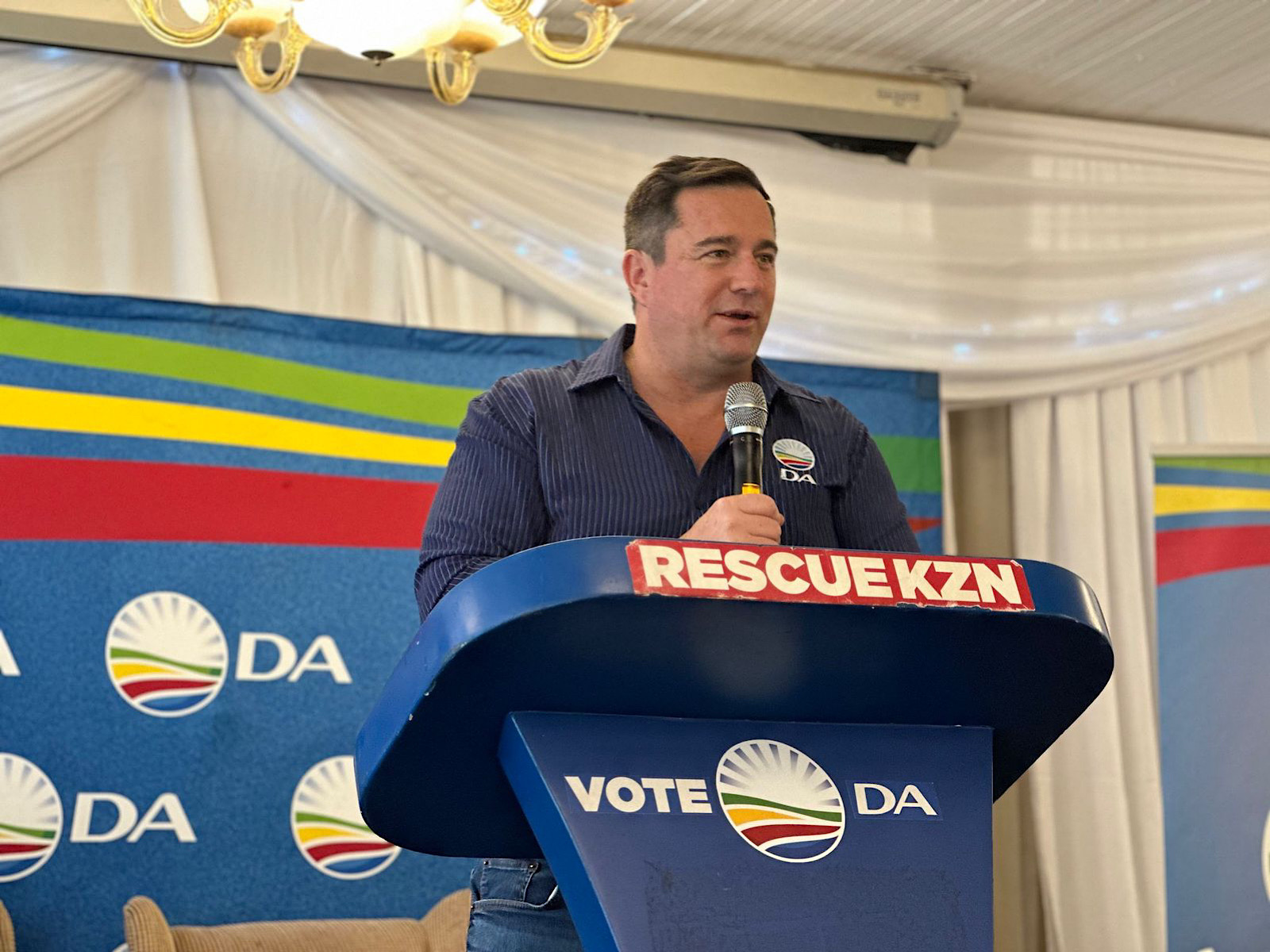A messy row over race quotas between the ANC and DA is making the unity government look weak and unstable, writes Zukile Majova in his Real Politics column.
An ugly and unnecessary fight has broken out between partners in the government of national unity — and it’s scaring off the investors South Africa desperately needs.
The row started when the Democratic Alliance took the labour department to court over new racial quotas in the workplace. But instead of resolving the issue behind closed doors, ANC leaders and trade unions came out swinging, accusing the DA of turning its back on transformation.
It’s a public showdown that makes the unity government look divided and chaotic — exactly the opposite of what the country needs right now.
The new version of the Employment Equity Act forces companies to meet strict demographic targets based on race. If they don’t, they face fines of up to R2.7 million or 10% of their yearly turnover — and could lose government contracts.
The DA says this will hurt businesses, cost jobs, and unfairly block certain groups from getting work in some provinces.
“Where companies once set their own equity goals based on context and the available labour force, they are now compelled to meet government-imposed demographic targets, regardless of skills, local realities, or business viability,” the party said in a statement.
“This isn’t transformation. It is racial exclusion under a new name.”
They also argue that coloured workers in the Western Cape and Indian workers in KwaZulu-Natal will be hit the hardest.
The ANC’s Fikile Mbalula hit back hard.
“Through this act, they are drifting from the spirit of the GNU and positioning themselves outside of the project of nation building and shared prosperity,” he said.
“Transformation, equity and diversity are not up for negotiation. We will not surrender to elitist apartheid nostalgia or legal posture.”
All of this is happening as the ANC is losing votes and a new poll is suggesting the DA is almost as big as the ANC.
The DA has been planning this legal challenge since June 2023, and included it in their 2024 election manifesto.
But President Cyril Ramaphosa said the party never once raised its concerns in GNU meetings — and has not brought them to his office either.
“I’d like them to come and explain to me what grudge they have about transformation, about advancing the interests of and the rights of those people whom apartheid suppressed,” he said.
“The Employment Equity Act is about correcting what apartheid did to our country. It is not racial exclusion under a new name.”
Ramaphosa said the DA should read the constitution properly and understand that this law is meant to fix the inequalities of the past — not create new ones.
“They are entitled to go to court. But I haven’t heard their full complaint.”
In truth, the DA has every right to go to court. And they might have a strong case.
But now that they are part of the government, they should be building consensus — not turning every disagreement into a legal fight or media war.
With youth unemployment sitting at 45.5%, and total joblessness at 32%, the focus should be on creating jobs, not scaring off employers with threats and fines.
South Africa is still seen as the gateway to Africa, despite paying over R1-billion a day in debt. That’s why Ramaphosa is driving a R950-billion infrastructure investment push — focusing on roads, water, energy and digital tech.
The GNU is supposed to support that plan and convince investors that South Africa is stable and open for business.
This kind of political bickering does the opposite. And increasingly, the nation is getting tired of the power struggle among GNU members.
On 21 May, finance minister Enoch Godongwana, will deliver round three of the budget speech after GNU partners could not agree on previous drafts.
The partners still have not agreed on the implementation of the National Health Insurance that Ramaphosa promised Cosatu on Workers Day.
They are fighting over the implementation of the Basic Education Laws Amendment Act and the controversial Expropriation Act.
When does the fighting end and the real effort to rescue South Africa begins.
If GNU leaders want to fix the economy, they need to stop fighting in public and start fixing problems behind closed doors.
Pictured above: DA leader John Steenhuisen.
Image source: DA
